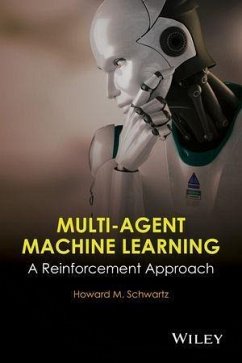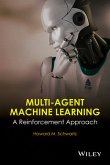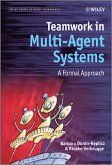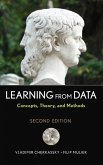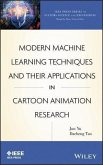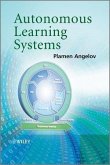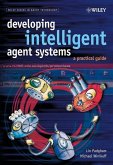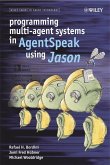The book begins with a chapter on traditional methods of supervised learning, covering recursive least squares learning, mean square error methods, and stochastic approximation. Chapter 2 covers single agent reinforcement learning. Topics include learning value functions, Markov games, and TD learning with eligibility traces. Chapter 3 discusses two player games including two player matrix games with both pure and mixed strategies. Numerous algorithms and examples are presented. Chapter 4 covers learning in multi-player games, stochastic games, and Markov games, focusing on learning multi-player grid games--two player grid games, Q-learning, and Nash Q-learning. Chapter 5 discusses differential games, including multi player differential games, actor critique structure, adaptive fuzzy control and fuzzy interference systems, the evader pursuit game, and the defending a territory games. Chapter 6 discusses new ideas on learning within robotic swarms and the innovative idea of the evolution of personality traits. * Framework for understanding a variety of methods and approaches in multi-agent machine learning. * Discusses methods of reinforcement learning such as a number of forms of multi-agent Q-learning * Applicable to research professors and graduate students studying electrical and computer engineering, computer science, and mechanical and aerospace engineering
Dieser Download kann aus rechtlichen Gründen nur mit Rechnungsadresse in A, B, BG, CY, CZ, D, DK, EW, E, FIN, F, GR, HR, H, IRL, I, LT, L, LR, M, NL, PL, P, R, S, SLO, SK ausgeliefert werden.

